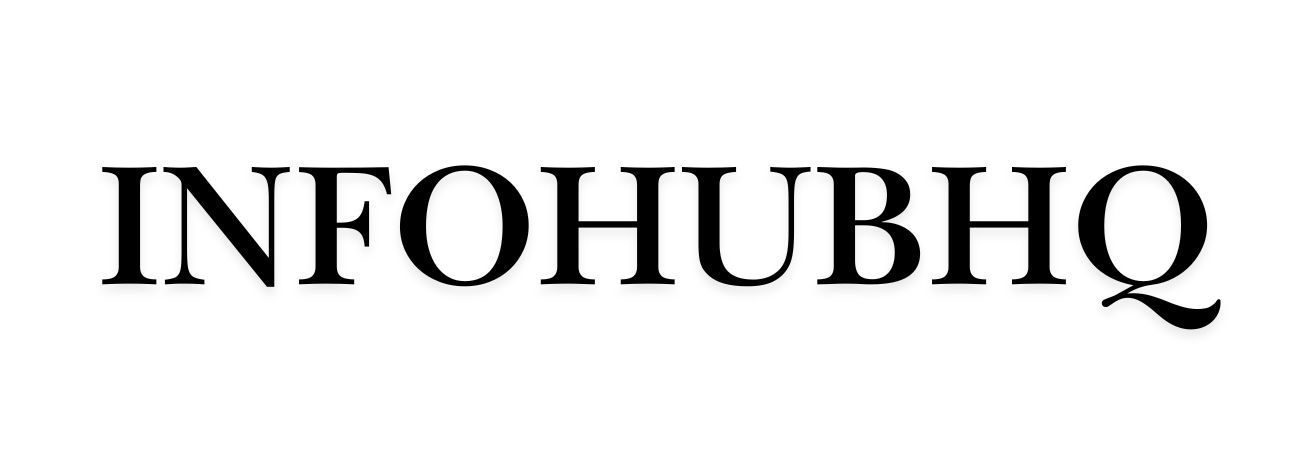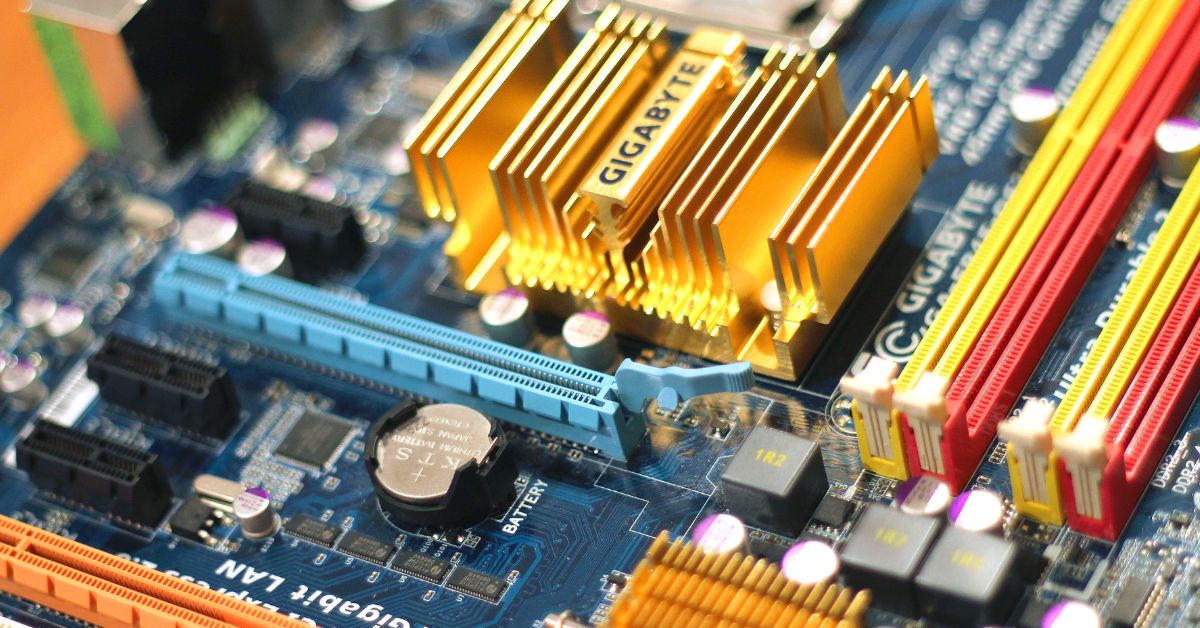Understanding the Role of Massage Therapy in Stress Management
In today’s fast-paced world, stress has become a common companion for many individuals. The demands of work, family, and personal obligations can often lead to overwhelming stress levels. This is where professional massage therapy steps in as a valuable tool for stress relief. Massage therapy is a practice that involves the manipulation of muscles and tissues to promote relaxation and well-being. It is widely recognized for its ability to reduce stress by lowering cortisol levels, a hormone that the body releases in response to stress.
Studies have shown that individuals who receive regular massages experience a significant decrease in stress levels. This is largely due to the release of endorphins, which are the body’s natural mood elevators. Additionally, massage therapy can improve circulation, enhance sleep quality, and boost the immune system, all of which contribute to a reduction in stress. The physical touch involved in massage also helps to calm the mind and body, creating a sense of peace and relaxation.
Massage therapy offers various techniques, each tailored to specific needs and preferences. Some popular types include Swedish massage, deep tissue massage, and aromatherapy massage. These techniques can be customized to target stress-related issues, providing a holistic approach to stress management. Whether it’s through gentle strokes or deep pressure, professional massage therapy can be a powerful ally in the fight against stress.
Benefits of Professional Massage Therapy for Mental Health
Beyond physical relaxation, professional massage therapy offers profound benefits for mental health. Stress often manifests in mental health challenges such as anxiety and depression. Regular massage sessions can help alleviate these symptoms by promoting relaxation and reducing the physiological effects of stress. The soothing environment of a massage session allows individuals to disconnect from their daily worries, providing a mental escape that is crucial for mental well-being.
Massage therapy encourages the release of serotonin and dopamine, neurotransmitters that are associated with feelings of happiness and well-being. This chemical release can lead to improved mood and a reduction in symptoms of anxiety and depression. Furthermore, the practice of mindfulness during a massage session can enhance self-awareness and help individuals develop coping strategies for stress.
Incorporating massage therapy into a regular self-care routine can serve as a preventive measure against mental health issues. It provides a dedicated time for individuals to focus on their well-being, fostering a sense of self-care and compassion. By addressing both physical and mental stressors, professional massage therapy can be an integral part of a holistic approach to maintaining mental health.
Choosing the Right Massage Therapy for Your Needs
With the diverse range of massage therapies available, selecting the right type for stress relief can be a personalized journey. Each individual’s stressors and preferences vary, making it essential to find a massage technique that aligns with personal needs. Consultation with a licensed massage therapist can provide valuable insights into the most suitable options.
Swedish massage is often recommended for beginners due to its gentle, flowing strokes that promote relaxation. For those experiencing chronic stress and tension, deep tissue massage may be more appropriate, as it targets deeper layers of muscle tissue to release tension. Aromatherapy massage, which incorporates essential oils, can enhance the relaxation experience through the therapeutic benefits of scent.
When choosing a massage therapy, consider factors such as the therapist’s qualifications, the ambiance of the therapy environment, and personal comfort levels. It’s also important to communicate openly with the therapist about any specific stress-related concerns. By doing so, individuals can maximize the benefits of their massage sessions and achieve optimal stress relief.
Ultimately, professional massage therapy offers a multitude of benefits for stress relief, making it a valuable addition to any self-care routine. Whether seeking physical relaxation, mental clarity, or a combination of both, massage therapy provides a comprehensive approach to managing stress and enhancing overall well-being.






